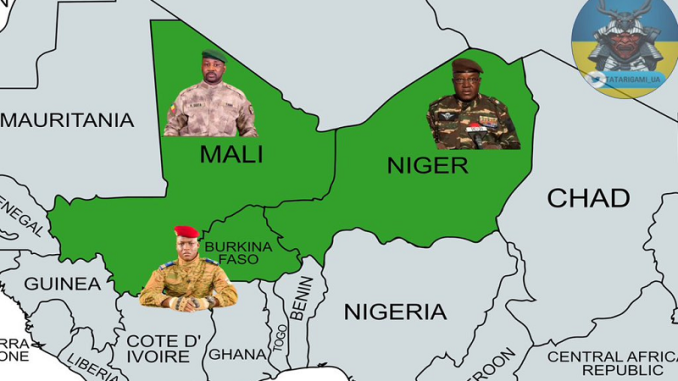
Mali has said it has no intentions of leaving West Africa’s currency zone, while Burkina Faso has hinted at its possible withdrawal after they, along with Niger, announced their departure from the region’s political bloc ECOWAS as a form of protest.
In a blow to hard-fought regional integration, on Sunday (28 January) the military governments of Burkina Faso, Mali and Niger jointly announced that they exited from the Economic Community of West African States (ECOWAS), a key body in a region hit by coups and security crises. Three days later (31 January), asked whether Mali planned to leave the West African Economic and Monetary Union (UEMOA / WAEMU), Foreign Minister Abdoulaye Diop said that “Mali is withdrawing from ECOWAS but remains a member of UEMOA.” At the same time, Burkina Faso’s military leader Ibrahim Traore indicated that a departure from the monetary union is under consideration.
This move has triggered questions about the future of the junta-led nations in the regional UEMOA / WAEMU, which uses a common currency, the CFA franc, pegged to the euro. Critics of the CFA franc see it as a relic of French colonialism while proponents say it has provided financial stability in an inherently unstable region. Experts have warned that the latest actions by the trio juntas have the potential to backfire on their countries’ already fragile economies and exacerbate widespread food insecurity, while Moody’s ratings agency has said economic growth was at risk in the three nations. The exit of the trio of nations, which are among the world’s poorest, from ECOWAS places them at risk of losing access to a $702 billion market, and exposes them to increased tariffs and restrictions on the movement of goods and financial flows.
